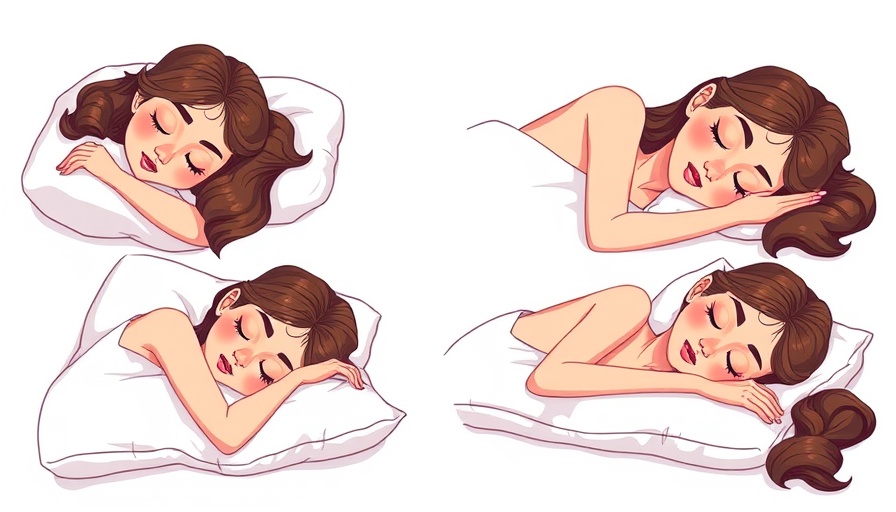
Unlocking Brain Power: The Surprising Benefits of a Quick Walk
Recent research has revealed that even a brief, five-minute walk can significantly impact brain health, particularly for older adults. This finding was backed by a study published in the journal Age and Aging, which indicates that short bursts of cardiovascular activity can enhance cognitive functions like processing speed and working memory.
In this study, scientists analyzed data from 585 older adults aged 65 to 80. They discovered that those who engaged in regular, moderate-to-vigorous physical activities such as brisk walking showed improved cognitive performance. This is an exciting development in our understanding of how short, manageable exercises can contribute to mental sharpness, especially as we age.
The Science Behind the Benefits of Brisk Walking
According to Clifford Segil, a neurologist at Providence Saint John’s Health Center, the key to these benefits lies in raising the heart rate. When we engage in brisk activity, not only do we stimulate blood circulation in our limbs, but we also boost blood flow to our brain. This enhanced blood circulation is critical, as it brings more oxygen and nutrients to this vital organ, thereby supporting its functions.
Every Minute Counts: How Just Five Minutes Can Make a Difference
It may seem counterintuitive that such a short duration of exercise could yield significant results. However, the study's findings emphasize that even a mere five minutes of brisk walking can heighten cognitive functions like executive function. This refers to our brain's ability to plan, focus, and multitask. The immediate effect of raising your heart rate creates a cascade of beneficial physiological responses, rekindling the brain's performance.
Making Walking a Priority: An Actionable Approach
For individuals to incorporate this knowledge into their daily lives, setting achievable goals is key. Consider taking a brisk walk after meals or during breaks at work. Moreover, communities should promote walking programs and ensure safe environments for pedestrians, making this healthy practice accessible to all. Walking not only benefits mental health but also fosters social connections when done with others.
Counteracting Sedentary Lifestyle: The Risks at Hand
On the flip side, a sedentary lifestyle poses severe risks, not only to physical health but also to brain function. Dr. Segil warns that neglecting daily movement can lead to detrimental effects on the bones, heart, and brain. As we adapt to increasingly sedentary lifestyles, it is crucial to remain vigilant about integrating movement into our routines.
Broader Implications: What This Means for All Ages
This research isn't merely for older adults; younger generations can also reap the benefits of adopting regular physical activity. As a society, we have an opportunity to cultivate a culture that prioritizes movement for everyone, paving the way for improved overall health outcomes.
Conclusion: Take Action for a Healthier Mind
In summary, the evidence is clear: even five minutes of walking can enliven brain function and encourage a healthier mindset. The findings from the study encourage not just older adults, but all individuals to prioritize physical activity as a part of daily life. So, why not seize the opportunity today? Lace up your shoes and embark on a brief walk. Your brain will thank you!
 Add Row
Add Row  Add Element
Add Element 



 Add Row
Add Row  Add
Add 


Write A Comment